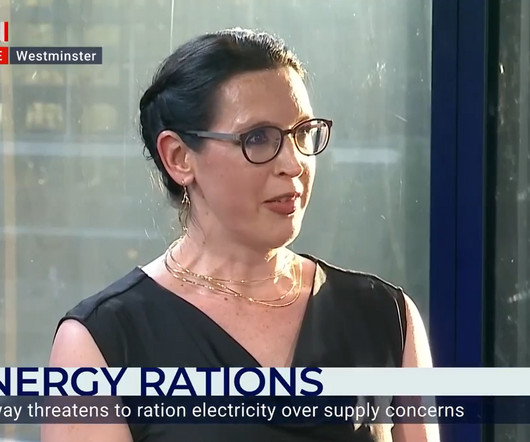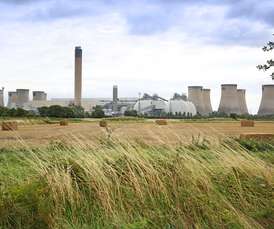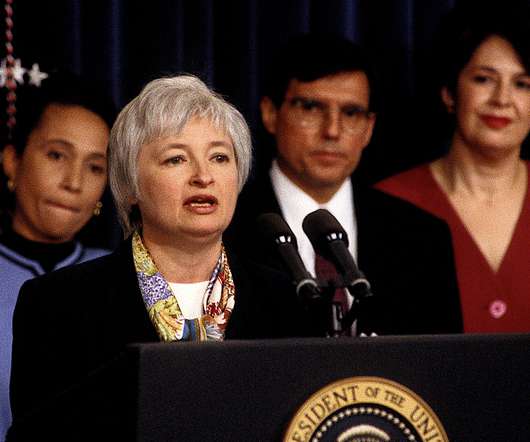2020 tipped the balance for British renewable energy
Renewable Energy World
MARCH 3, 2021
Annual figures show that renewable supply outpaced fossil fuels for the first time. 42% of all energy used across the country through 2020 came from wind, solar, tidal and hydro. The authors of the report also showed that carbon emissions fell by 16% compared to figures from 2019. The broader picture.























Let's personalize your content